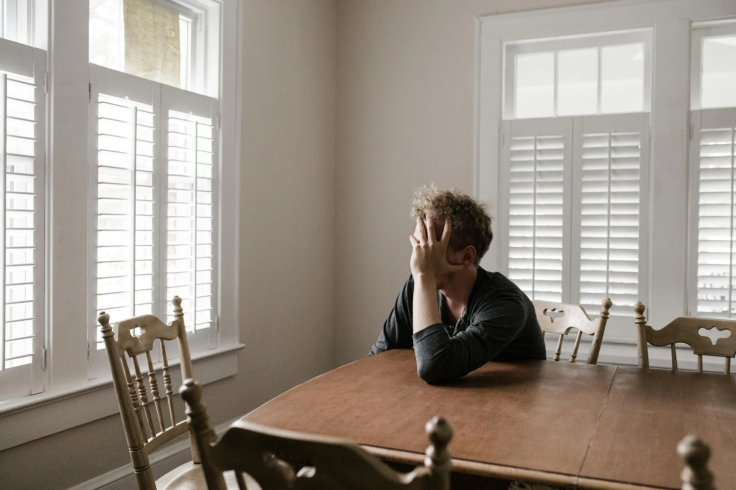Loneliness Linked to Severe Mental Health Issues Among College Students, New Report Finds
ByLoneliness, often overlooked or dismissed as a fleeting emotion, is emerging as a significant concern among college students, with profound implications for their mental well-being.
A recent report by TimelyCare and Active Minds sheds light on the alarming association between loneliness and negative mental health outcomes among college students, urging a proactive approach from higher education institutions and mental health advocates.

Loneliness: A Silent Struggle
The report, titled "Loneliness, Resilience, and Mental Health: A Call for Campus Action," draws attention to the stark reality faced by many college students. The research shows that students who indicate they are lonely are four times as likely to report experiencing severe psychological distress. This alarming statistic underscores the deep-seated impact of loneliness, transcending mere emotional discomfort to manifest in severe mental health challenges.
The prevalence of loneliness among college students is further highlighted by the report's data, which indicates that 70.3% of non-straight students reported feeling lonely, compared to 60.6% of their straight peers. This disparity underscores the intersectional nature of loneliness, influenced by factors such as sexual orientation and identity.
READ MORE : Survey Reveals Escalating Workloads Impacting Mental Health Of Higher Education Professionals
The Mental Health Toll
The repercussions of loneliness on mental health extend beyond the individual, impacting the broader campus community. Surgeon General Vivek Murthy's characterization of loneliness as an "epidemic" resonates with the findings of this report, indicating a pressing need for intervention.
The report also delves into students' perceptions and priorities regarding mental health. While 63% of respondents prioritize having good mental health, a smaller percentage prioritize taking care of their mental health (54%). This discrepancy suggests a gap between intention and action, highlighting the need for targeted interventions to bridge this divide.
Addressing the Issue: A Call for Action
In response to the growing concern surrounding loneliness and mental health among college students, the report offers actionable recommendations for higher education leaders and student-facing roles. These recommendations include:
- Increasing Awareness and Education: Implementing programs that educate students about the impact of loneliness on mental health, and destigmatizing seeking help for mental health concerns.
- Enhancing Social Connections: Creating opportunities for students to build meaningful social connections, both on-campus and virtually, to combat feelings of isolation and loneliness.
- Promoting Mental Health Prioritization: Encouraging students to prioritize their mental health, and providing resources and support to help them maintain emotional well-being.
- Supporting Marginalized Communities: Recognizing and addressing the unique challenges faced by marginalized communities, such as non-straight students, in combating loneliness and mental health issues.
- Fostering Open Dialogue: Creating a culture of open dialogue around mental health, where students feel comfortable discussing their struggles and seeking support from their peers and campus resources.
The TimelyCare and Active Minds report serves as a wake-up call for higher education institutions and mental health advocates to address the growing issue of loneliness among college students. By understanding the profound impact of loneliness on mental health and implementing targeted interventions, we can create a more supportive and inclusive campus environment where all students can thrive emotionally and academically.
© 2025 University Herald, All rights reserved. Do not reproduce without permission.








